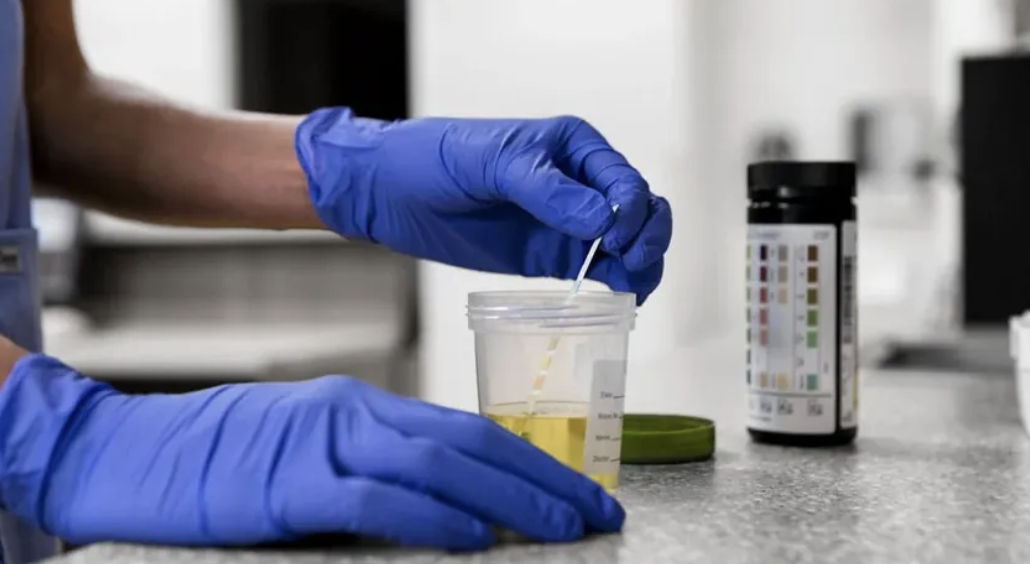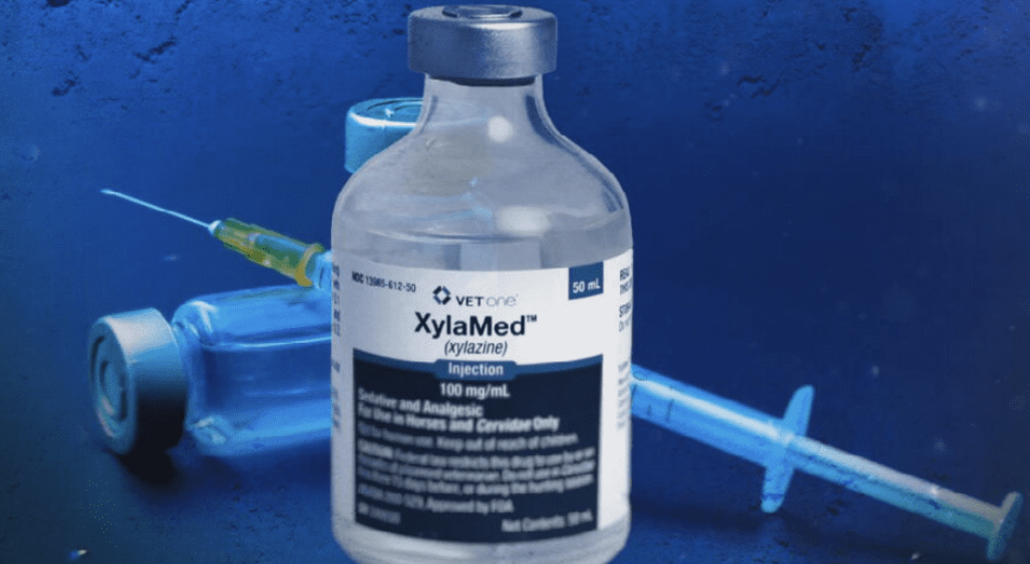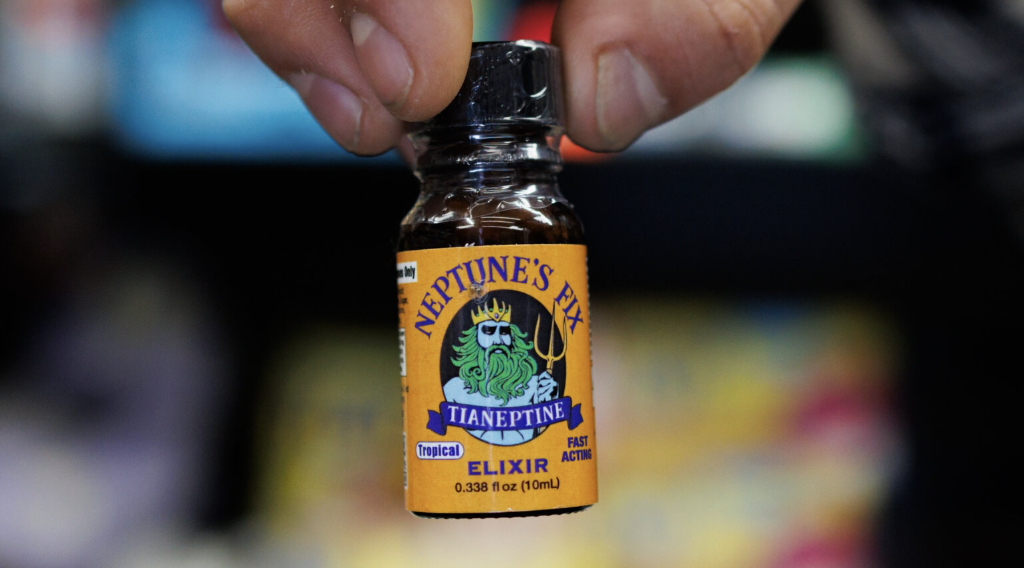Struggling to help someone with alcohol addiction? This article provides clear, actionable steps on how to help someone with alcohol addiction. You’ll learn how to offer supportive yet firm assistance, guide them towards professional help, and set up effective interventions. Start here to make a positive impact in your loved one’s recovery.
Key Takeaways
- Effective support for someone with alcohol addiction requires a combination of emotional support and professional treatment, such as counseling and medication-assisted treatment.
- Recognizing signs of addiction and knowing how to plan interventions are essential steps in providing meaningful support to individuals struggling with alcohol dependence.
- Setting healthy boundaries and prioritizing self-care are critical in preventing burnout for those supporting someone in recovery from alcohol addiction.
What is the most effective way to help someone with alcohol addiction?
The most effective way to help someone with alcohol addiction involves a dual approach: providing emotional support while encouraging professional treatment. Expert consensus shows that pairing emotional support with clinical care, such as counseling, medication-assisted treatment (MAT), or residential programs, significantly improves long-term recovery outcomes.
This combination addresses both the emotional and medical aspects of addiction, offering a comprehensive path to recovery.

Offer emotional support without enabling
Emotional support plays a crucial role in the recovery process, but it must be offered in a way that encourages recovery rather than enabling destructive behaviors. Expressing concern with love and sincerity, setting clear boundaries, and avoiding codependent behaviors are essential.
Allowing the individual to face the natural consequences of their actions can enhance their motivation to seek help. Remember, your support should focus on their recovery journey, not on shielding them from the realities of their addiction.
At the same time, prioritize your own well-being, as neglecting self-care can lead to burnout and reduce your effectiveness as a supporter.
Encourage professional treatment options
Encouraging professional help is a critical step in their path to recovery. Professional assistance, including therapy, support groups, and alcohol addiction medication, significantly improves the chances of overcoming alcohol use disorder. Introduce the idea of rehab, therapy, or medical detox with empathy and respect, emphasizing that these treatments can help manage withdrawal symptoms and reduce cravings.
Behavioral therapies, such as counseling sessions, focus on changing drinking behaviors and are a vital part of the treatment plan. Support groups, like Alcoholics Anonymous, offer peer support and can enhance the effectiveness of professional treatments. Tailor the treatment approach to the individual’s unique needs for the best outcome.
When and how should you intervene?
Knowing when and how to intervene is crucial in supporting someone with alcohol addiction. Interventions are often necessary for individuals who fail to recognize the severity of their situation.
This section will guide you on recognizing the right moment to speak up, how to prepare, and what approach to use, ensuring a safe and effective intervention.
Signs it’s time to step in
Recognizing the signs that it’s time to step in can be challenging but crucial. Critical indicators include:
- Withdrawal symptoms
- Frequent blackouts
- Legal issues such as DUIs
- Neglect of responsibilities Behavioral changes, like:
- Increased irritability
- Drastic shifts in social behavior are also red flags.
Recognizing these signs helps determine when to intervene and offer necessary support.
Planning the intervention safely
Planning an intervention requires careful consideration and preparation. Involving a qualified professional can significantly enhance the effectiveness and safety of the process. Assemble a team of trusted friends and family members who the individual respects.
To conduct an effective intervention:
- Choose a calm setting and a time when the person is sober to ensure they are receptive.
- Rehearse the intervention beforehand to stay focused and deliver a consistent message.
- Provide a structured plan, outlining the treatment options and specifying consequences if help is refused.
Anticipate emotional reactions and prepare calm responses to potential objections. Follow-up support is essential to help maintain positive changes.
Understanding alcohol addiction: What are you really dealing with?
Alcohol addiction is a complex disorder characterized by an uncontrollable urge to consume alcohol despite its harmful impacts on health and well-being. It involves both physical dependency on alcohol and psychological triggers that sustain the behavior. Understanding what addiction is and the risks associated with alcohol abuse, alcoholism, and substance use disorder is crucial for providing effective support.
We will explore the physical and psychological aspects of addiction and debunk common myths and misconceptions.

Physical and psychological dependence
Alcohol addiction involves significant physical and psychological dependence. Physically, the body adapts to regular drinking alcohol consumption, leading to alcohol withdrawal, withdrawal symptoms, and symptoms of alcohol when intake decreases. These can range from mild anxiety to severe complications, highlighting the seriousness of physical symptoms and dependence, including craving alcohol and alcohol problems.
Psychologically, alcohol alters brain chemistry, creating a strong emotional reliance on it to manage stress or negative emotions. Over time, tolerance develops, requiring more alcohol to achieve the same effects. Addressing both the physical and mental health aspects of addiction requires understanding these dependencies.
Common myths and misconceptions
Debunking common myths surrounding alcohol addiction and mental disorders can help in providing better support. One widespread misconception is that addiction is solely a matter of willpower, ignoring the complex interplay of biological, environmental, and psychological factors.
Another myth is that alcohol only affect people who drink excessively; in reality, it can impact individuals with moderate drinking habits as well. Recognizing these alcohol related realities allows for a more compassionate and informed approach to providing support.
Treatment options for alcohol addiction
Various treatment options are available for those struggling with alcohol addiction. These include:
- Inpatient programs
- Outpatient programs
- Behavioral therapies
- Medication-assisted treatments (MAT)
Each modality addresses different aspects of addiction, offering a comprehensive approach to recovery.
We will explore these treatment options in detail.
Behavioral therapies
Behavioral therapies are a cornerstone of treatment for alcohol use disorder. Cognitive Behavioral Therapy (CBT) is widely recognized for its effectiveness, focusing on altering maladaptive thoughts and behaviors related to drinking. Behavioral treatment is essential in addressing these issues.
Other approaches, such as motivational interviewing and family therapy, also play crucial roles in supporting addiction recovery by addressing underlying psychological issues and improving communication and relationships.
Medication-assisted treatment (MAT)
Medication-assisted treatment (MAT) can significantly enhance the recovery process by easing withdrawal symptoms and reducing cravings. FDA-approved medications like Naltrexone and Acamprosate help support sobriety by targeting the brain’s chemical balance. Disulfiram, another commonly used medication, acts as a deterrent by causing unpleasant reactions if alcohol is consumed.
Effective MAT programs integrate these medications with behavioral therapies and counseling.
Detox programs and inpatient rehab
Detox programs and inpatient rehab provide structured support for individuals during the initial stages of recovery. Detox programs focus on safely managing withdrawal symptoms under medical supervision, which is crucial for severe cases of alcohol dependence.
Inpatient rehab offers a comprehensive treatment approach, including medical care, counseling sessions, and peer support at a treatment facility, helping individuals build a solid foundation for long-term recovery.
How to support recovery without burnout
Supporting someone through addiction recovery can be emotionally and physically exhausting. It’s essential to recognize signs of burnout, such as emotional exhaustion and irritability, to maintain effective support.
Establishing boundaries and seek support are key strategies for preventing burnout and ensuring long-term support network.

Set healthy boundaries
Setting healthy boundaries is crucial for protecting your well-being while supporting a loved one in recovery. This involves:
- Not allowing substance use in your home
- Avoiding financial assistance for addiction-related expenses
- Clear communication about personal needs
- Enforcing consequences when boundaries are crossed These steps help maintain boundaries effectively.
Prioritizing your own mental health is essential to avoid emotional burnout.
Join family support groups
Joining family support groups can provide invaluable emotional support and resources. Groups like Al-Anon and SMART Recovery Family & Friends offer platforms for sharing experiences and finding strength in community. These support group help family members navigate the challenges of supporting a loved one with addiction, especially those dealing with adult children of alcoholics traits, fostering a supportive environment for everyone involved.
How to talk to someone in denial
Talking to someone in denial about their alcohol use can be challenging and may require multiple attempts. Compassionate communication techniques are essential for overcoming resistance and fostering a productive dialogue.
We will provide strategies for addressing denial with empathy and understanding.
Use non-judgmental, “I” statements
Using non-judgmental “I” statements can create a less confrontational environment, making the person more receptive to your concerns. Phrasing your dialogue this way reduces feelings of defensiveness and fosters open communication.
For example, saying “I feel worried when you drink because it affects your health” is more effective than accusatory statements.
Share observable changes
Highlighting specific changes in behavior can help the individual recognize the impact of their drinking behavior. Point out observable changes, such as increased mood swings or social withdrawal, and encourage them to start drinking drinks without labeling them as an “alcoholic”.
Focusing on behavior patterns and their effects on relationships and responsibilities fosters self-awareness and encourages the person to reflect on their loved one’s behavior.
What not to do when helping someone with alcohol addiction
When helping someone with alcohol addiction, certain behaviors can unintentionally worsen the situation. Avoid shaming, lecturing, or rescuing them from consequences, as these actions can reinforce negative behaviors. Ultimatums should be used thoughtfully, ensuring you are prepared to enforce any consequences if the demands are not met.
We will highlight harmful behaviors to avoid and provide guidance on maintaining a supportive environment.
Avoid ultimatums unless ready to follow through
Issuing ultimatums can often backfire, making the person feel cornered and less inclined to change. Delivering ultimatums can lead to temporary compliance rather than lasting change if not backed by genuine resolve. Inconsistent threats erode trust and can damage the relationship, making it harder to provide meaningful support.
Remaining calm and thoughtful when considering such measures is crucial.
Don’t ignore your own needs
Prioritizing your own mental health while supporting someone with a loved one’s addiction is crucial. Reinforce the need for self-care and personal counseling when helping someone else. Taking care of your own well-being ensures that you can effectively support your loved one.
Neglecting your needs can lead to burnout and reduce your ability to provide consistent, compassionate support.
Recovery is a long-term process: Set realistic expectations
Recovery from alcohol addiction is a gradual journey that requires patience and consistent support. Maintaining realistic expectations is crucial for a successful recovery journey, as it helps individuals prepare for potential setbacks.
Understanding the alcohol recovery timeline and the fact that relapse risk is common helps both the individual and their supporters prepare for long-term recovery.
Understand relapse and recovery cycles
Relapse is often a common part of the recovery cycle, and it should be viewed as a temporary setback rather than a total failure. Relapse occurs in stages, starting with emotional, then mental, and finally physical, leading to an eventual return to substance use.
Recognizing early warning signs of alcohol relapse and developing effective coping strategies to manage cravings and emotional distress is important. Knowing the difference between a lapse (a brief return to previous behavior) and a full relapse (a return to prior levels of substance use) aids in responding constructively.
Celebrate progress and milestones
Celebrating small achievements during recovery can significantly boost morale and encourage continued commitment to sobriety. Recognizing milestones, such as completing a day or week sober, helps build self-esteem and confidence.
Creative ways to celebrate include:
- Hosting an alcohol-free party
- Trying new activities
- Volunteering
- Creating a vision board
Recognizing milestones reinforces positive behaviors and plays a significant role in preventing relapse.
Where to find help: Resources for alcohol addiction support
Finding the right resources is essential for supporting someone with alcohol addiction. There are numerous national, local, and technology-based services available that offer counseling and community support.
This section provides a curated list of hotlines, clinics, apps, and recovery platforms to help you and your loved one on the path to recovery.
National and local support services
National and local support services provide invaluable assistance for individuals struggling with alcohol addiction. The Substance Abuse and Mental Health Services Administration (SAMHSA) operates a national helpline offering confidential support and information about treatment options.
Mutual-support groups like Alcoholics Anonymous and SMART Recovery provide peer support for those seeking to reduce or stop their alcohol consumption. Additionally, organizations such as Al-Anon and Adult Children of Alcoholics offer support specifically for families of individuals struggling with addiction, including Al Anon meetings.
Technology-based support
Technology-based support options, such as online therapy and apps, can significantly enhance the treatment and recovery process for individuals struggling with alcohol addiction. Mobile apps like SoberGrid and I Am Sober facilitate access to counseling and support, track progress, and offer community support. Teletherapy allows individuals to receive therapy remotely, enhancing access to support services.
These digital tools provide personalized monitoring and connect users to recovery communities, enhancing long-term sobriety efforts.

Bottom Line: How to Help Someone With Alcohol Addiction
Helping someone with alcohol addiction is a multifaceted journey that involves offering emotional support, encouraging professional treatment, setting healthy boundaries, and celebrating milestones. Recognizing the signs that it’s time to intervene, understanding the complexities of addiction, and exploring various treatment options are crucial steps in this process. Remember to prioritize your own well-being to avoid burnout and provide consistent support. Recovery is a long-term process that requires patience, understanding, and ongoing effort. Together, you can navigate the challenges and celebrate the victories, fostering a path to lasting recovery.
FAQs about Helping Someone With Alcohol Addiction
Can you help someone who doesn’t want help?
Yes, providing emotional support is valuable, even if they are not currently seeking help. Their willingness to accept assistance may change over time.
Is tough love ever appropriate?
Tough love can be appropriate in certain situations, provided it is applied thoughtfully to avoid harming relationships. It is advisable to consult with specialists to ensure it is constructive rather than enabling.
How long does recovery take?
Recovery timelines can vary significantly; while some may find success within 90 days, others might need several years of ongoing support. It is crucial to set realistic expectations for the recovery journey.
What are the signs it’s time to intervene?
It is crucial to intervene when critical signs such as withdrawal symptoms, frequent blackouts, legal issues like DUIs, and neglect of responsibilities become evident. Addressing these signs promptly can be essential for effective support.
What should I avoid when helping someone with alcohol addiction?
When helping someone with alcohol addiction, it is crucial to avoid shaming, lecturing, or rescuing them from the consequences of their actions. Additionally, ultimatums should be employed carefully, ensuring you are ready to follow through on any consequences if necessary.
















